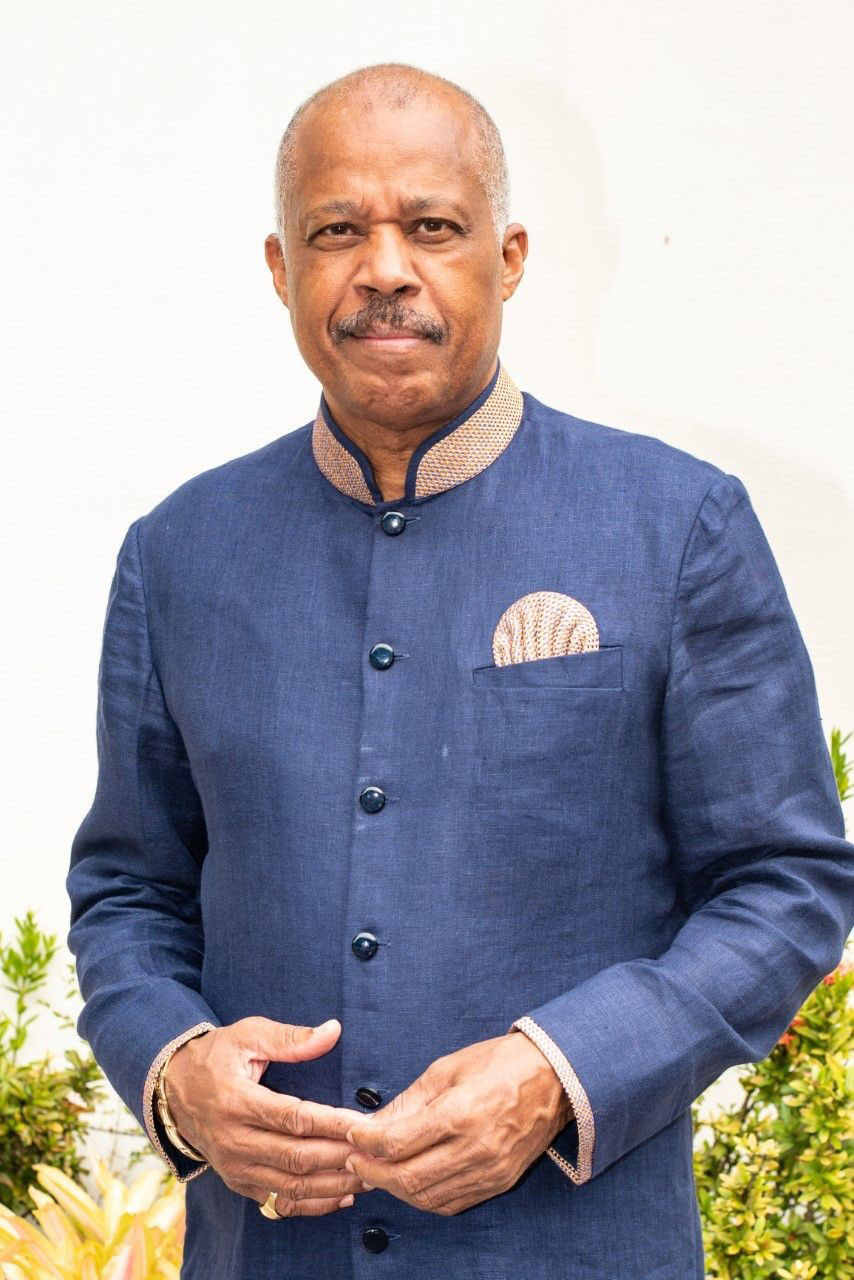Even as the Guyana authorities continue to pull out the proverbial stops to try to keep at least part of continues to be a declining sugar industry alive, one of the Caribbean’s leading academics, Barbadian Historian Sir Hilary Beckles, is advocating that his country move to leave sugar behind for the sake of the nation’s health.
Professor Beckles, who currently serves as Vice Chancellor of the University of the West Indies, used a recent media programme to call for a scrapping of the sugar industry in Barbados and the transformation of the lands currently growing sugar into farms that provide the nation with crops that better serve the nation’s health.
An article appearing in the April 13 issue of Barbados Today reports quotes Sir Hilary as referring to Barbadians portraying Barbadians as being “among the sickest people in the world,” a condition which he attributes to their addiction to sugar. This, he says, has its origins in “the criminal culture called the sugar plantation system that enslaved, oppressed and made Barbadians sick as a result of a sugar addiction.”
Accordingly, Professor Beckles is calling for a scrapping of existing sugar plantations in Barbados and the conversion of those lands “into food plantations, overnight.”
Professor Beckles is exhorting the Barbados government to “turn all of those sugar plantations into food plantations so that the people who have been the victims of those plantations can now rise up and their children and grandchildren can eat healthy foods and become healthy and strong. If we Barbadians don’t do this our future is very limited,” Air Hilary is quoted as saying.
In support of his assertion the University Vice Chancellor, while appearing on a media programme, “A Conversation About Sugar,” sponsored by the Heart and Stroke Foundation of Barbados And the Barbados Childhood Obesity Prevention Coalition, reportedly expressed concern over “staggering figures” which reportedly reveal that “half of the people in Barbados over age 60 are either diabetic, hypertensive, or have been diagnosed with both.”
According to Professor Beckles if diabetes and hypertension are used as a marker, it would mean that Barbadians are probably “the sickest people in the world”. The historian reportedly said he does not believe that there is another society with as many hypertensives and diabetics.
“If half of our seniors over the age of 60 are hypertensive, diabetic, that would mean that if you put us on a global scale and you put all the societies together, that would mean that the black people in Barbados are among the sickest people in the world. And if that is so, how did it get like that?
In publicly expressing his support for the Mia Mottley administration’s decision to increased taxes on sugar-sweetened drinks Professor Beckles brought to bear what, perhaps, has been a rarely contemplated role that sugar has played in the lives of Caribbean people.
While assessments of the role of sugar in the region have invariably dealt with its connection with slavery and indentured labour and with the economies of the region Professor Beckles, extended the discourse on sugar into its role in shaping the health profile of the people of the Caribbean. He explained that the dynamic of a region infested with sugar addicts s did not start overnight, but rather, began about 300 years ago on the plantation and accelerated about three decades ago.








